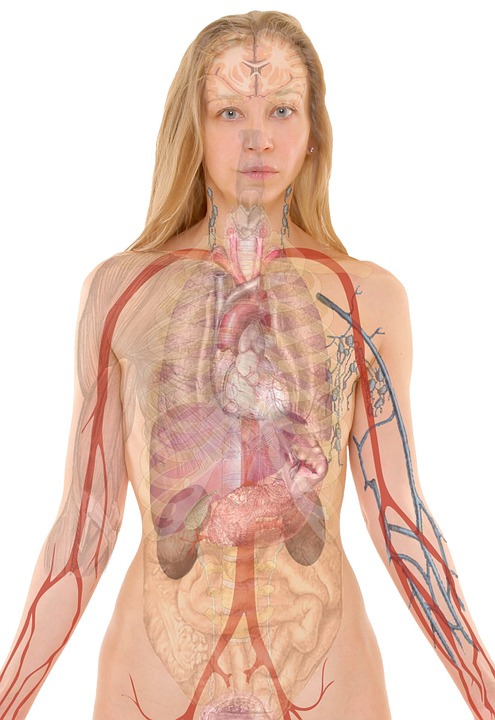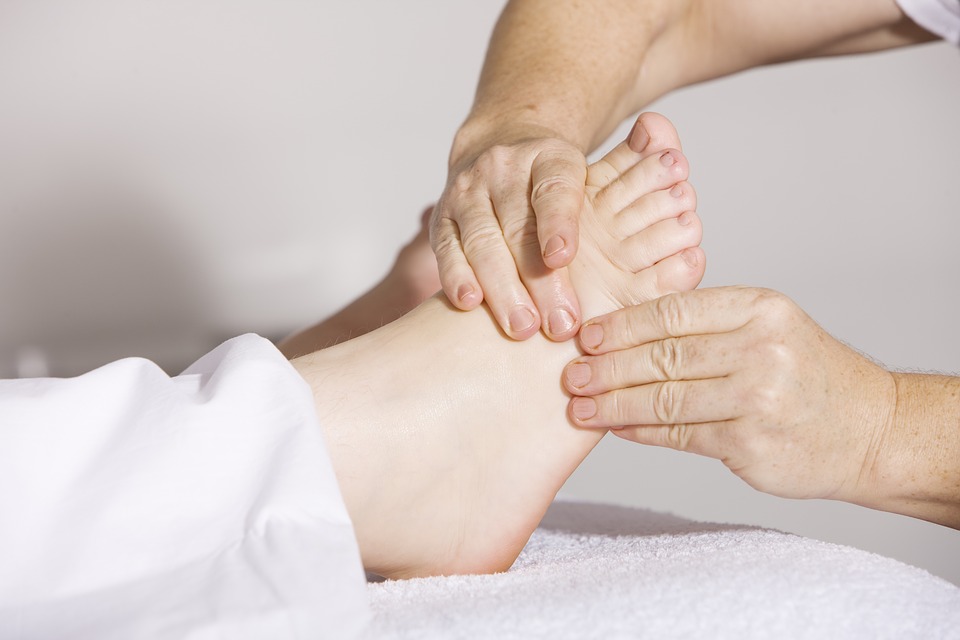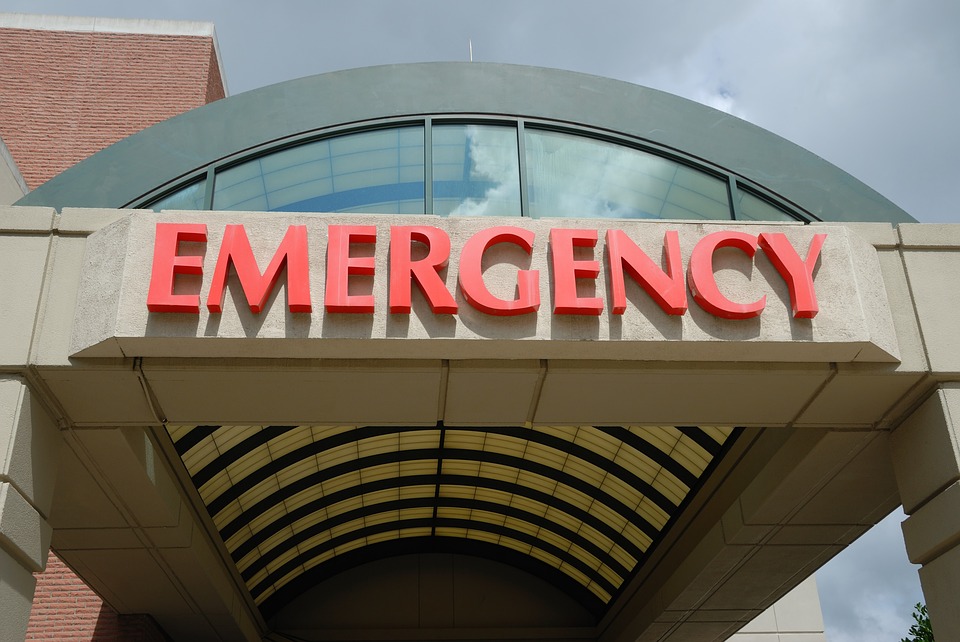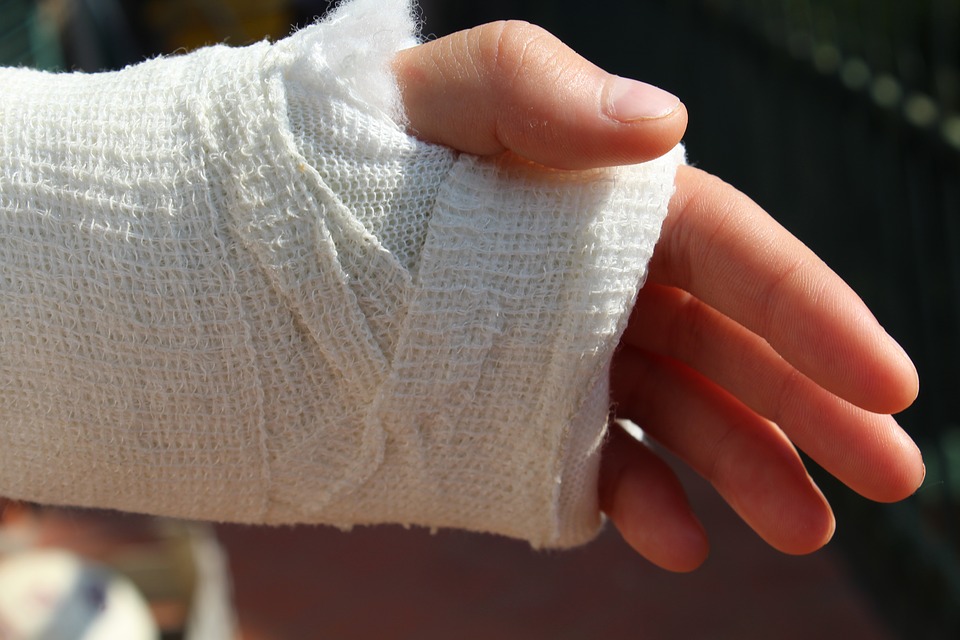 Using English at the Doctor’s
Using English at the Doctor’s
Health and medical vocabulary is one of the most vital areas of language to learn when visiting or living in a foreign country. You never know when you might need to visit the doctor or a hospital, so it’s important to be prepared with some basic medical vocabulary.
When discussing illnesses and other issues with a medical professional, there are certain words and phrases we need to use. This will be most commonly used when speaking to a doctor or nurse.
For non-native speakers, using English at the doctor’s can be a challenging task. Read on to explore the common health and medical vocabulary used at the doctor’s and phrases you may hear and need to use at an appointment with a nurse or doctor.
Medical vocabulary for the doctor’s surgery
One of the first areas of health and medical vocabulary to cover would be parts of the body. When you know the words for different body parts in English, you will be able to explain where the pain or problem is.
Human body vocabulary covers the limbs and parts of the external body, along with the internal body parts – the bones and organs.

Human body vocabulary:
Head, face, eyes, eye lashes, eye brows, nose, nostrils, ears, lips, mouth, tongue, chin, cheeks, forehead, hair
Neck, shoulders, chest, breasts, back, spine, arms, elbows, wrists, hands, fingers, knuckles, finger nails
Stomach, abdomen, hips, bottom/backside, thighs, knees, shins, calves, ankles, feet, heels, toes, toe nails
Muscle, tendon, bone, skeleton, spine, vein, artery, brain, heart, liver, kidney, bladder, bowel, lungs, blood, sweat
- Arms and legs are called ‘limbs’
- Fingers and toes are sometimes called your ‘extremities’

Human body vocabulary – internal organs
Brain, liver, kidney, lungs, kidney, stomach, bowel, colon, intestines, bladder, appendix, spleen, womb/uterus, urethra, pancreas
General words describing the body’s internal workings
Cardiovascular system (blood circulation), circulatory system, circulation
Anatomy, physiology, muscular system, cardiac muscles (heart)
Pulmonary system (relating to the lungs), intercostal muscles (muscles between the ribs)
Describing Pains
Common aches:
Headache, toothache, stomach ache, backache
Digestive complaints:
diarrhoea, constipation
nausea, sickness, vomiting

Throat complaints:
cough, sore throat
‘Something is stuck in my throat’
‘I can’t swallow’ / ‘I’m finding it hard to swallow’
Other problems:
Faintness, tiredness, shortness of breath, cramp
Period pain, menstrual pain, abnormally heavy periods (menorrhagia)
Illnesses:
Influenza (‘flu), a cold, fever, persistent cough
If you are not sure about the right vocabulary, you can simply use the phrase: ‘I have a pain here …’ or ‘it hurts here …’, while pointing to the affected area. This will be enough to explain to a doctor what is wrong.
It is useful to learn some vocabulary for basic body parts so you can explain better what is wrong when talking to the doctor.
When you make an appointment you will usually see a GP (General Practitioner) or a nurse.
If you have a health emergency that cannot wait for an appointment, you should go to A&E (Accident and Emergency) at your local hospital.
Coronavirus pandemic
In 2020, the Coronavirus pandemic caused worldwide health concerns. From a language perspective, it also brought many rare words and phrases into common usage. Read more about this virus and its effects on our society and language in our Coronavirus vocabulary page.

Medical Vocabulary
Diagnosis – after examination, the doctor gives you the diagnosis (identifies the illness you have)
Prescription – an instruction written by a doctor that authorises a patient to be given a specific medicine
Surgery – the operation to fix an internal body part, where the body is cut open and repaired
Incision – a cut with a scalpel (surgical knife) into the skin during surgery
Bandage – a wrap that supports a limb
Cast – a hard casing that supports a broken bone

Ambulance – emergency vehicle that takes a patient to the hospital
Crutches – medical walking sticks that support someone who can’t walk properly, usually due to a broken leg or ankle
Thermometer – a measuring device to assess the temperature
Stethoscope – a medical device used to listen to the internal sounds of the body
Syringe – a medical device like a needle to draw blood or to inject a vaccine
Vaccine – a substance that is injected into the body to prevent a disease (it activates the body’s immune system so that it creates antibodies to fight the disease)
Inoculation / vaccination – the process of injecting a vaccine to immunise the body against a disease
Medical phrases you might want to use:
I’d like to see a doctor
I need to see a doctor
I’d like to make an appointment
I’ve got a stomach ache / sore throat / pain here …
I’ve been feeling sick / ill / faint / tired
I’ve been getting headaches / diarrhoea / pains
I have really strong period pain / menstrual pain
Do I have to take time off work?
Will I get a sick note?
Will I get a fit note?
Medical phrases you might hear
Do you have an appointment?
Have you got a European health insurance card?
Please take a seat in the waiting room/area
What seems to be the problem?
How can I help you today?
What are your symptoms?
Can you describe the pain?
Does it hurt? Does it hurt here?
Does it hurt when I press here? Does it hurt when I exert pressure here?
Let me listen to your chest / back (using stethoscope)
I’m going to take your blood pressure / temperature / pulse
I’m going to give you an injection
I’m going to need to examine you
I’ll write you a prescription
I’m going to prescribe some antibiotics
Share your thoughts on health and medical vocabulary and communicating at the doctor’s
Which general phrases do you find most useful when talking to the doctor?
Have you ever had difficulties communicating with a doctor in an English speaking country?
What other general health and medical vocabulary would be useful?
Let us know your ideas and thoughts in the comments.

